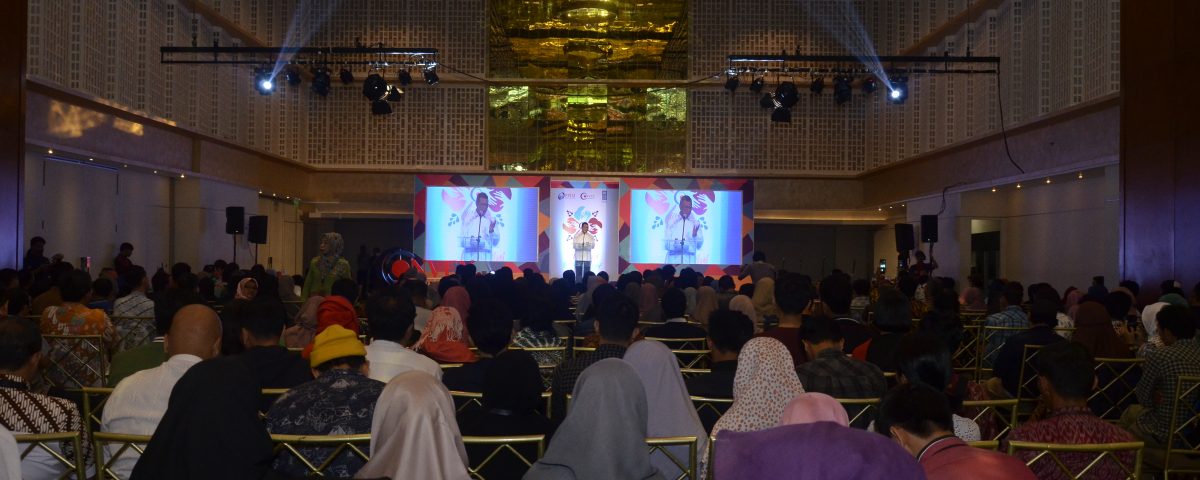“Easy” Millennials Are Exposed to Radicalism because of the Website of Moderate Islamic Organizations ‘Lose Crunchy’?

Minister of Religion Launches #MeyakiniMenghargai Rewarding Hashtags with Millennials at the #MeyakiniMenghargai Festival
February 21, 2019
Message from the Minister of Religion in #MeyakiniMengharga
February 21, 2019BBC.COM – As many as 10% of youth groups agree to make Indonesia an Islamic state and may use violence to defend religion.
This tendency occurs because they are exposed to sites or accounts on social media with intolerance or radicalism, which are claimed to be quite interesting in terms of content.
The results of the research conducted by a survey institute from the State Islamic University (UIN) Sunan Kalijaga were conducted last year by filtering 2,300 respondents throughout Indonesia.
“What is very significant, students and students who do a lot of activities on social media tend to be more intolerant than those who do not access the internet. This shows that there is a correlation about the way the millennial generation is religious with social media, ”said Professor of UIN Jakarta, Jamhari, to reporters, Wednesday (20/02).
Based on the same research, sites or accounts belonging to intolerant or radical groups fill cyberspace and target young people.
Meanwhile, sites owned by moderate Islamic organizations such as NU and Muhammadiyah are deemed unattractive.
“Why are big websites like NU and Muhammdiyah less attractive? Because it’s too heavy. The millennial generation wants to learn religion as easily as accessing food information. They want to be fast and ready, ”he explained.
Because of that, his party held a CONVEY Festival especially for youth with the aim of introducing religion in a new style through e-books and online games.
One of the young people, Khaira Dhania, was exposed to contents of intolerance and radicalism through social media.
In 2015, he and his family went to Syria to realize his beliefs about the caliphate. He admitted that he often received and spread news content about ISIS propaganda without checking the truth.
“I was one of those people who didn’t cross-check the news. I swallowed whole. Over time, I realized what I was doing wrong, ”said this high school student in Jakarta.
Based on his experience at that time, he did not have many moderate Islamic religious sites, and even if there were, the content was unattractive. For this 19-year-old woman, religious sites for the younger generation should be simple and straightforward.
“Young people want to simply learn religion. On social media, for example, videos are one minute long, “he added.




